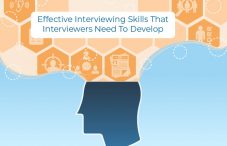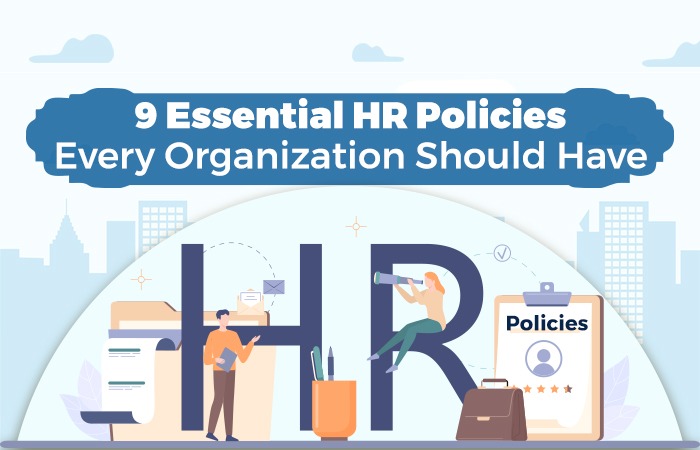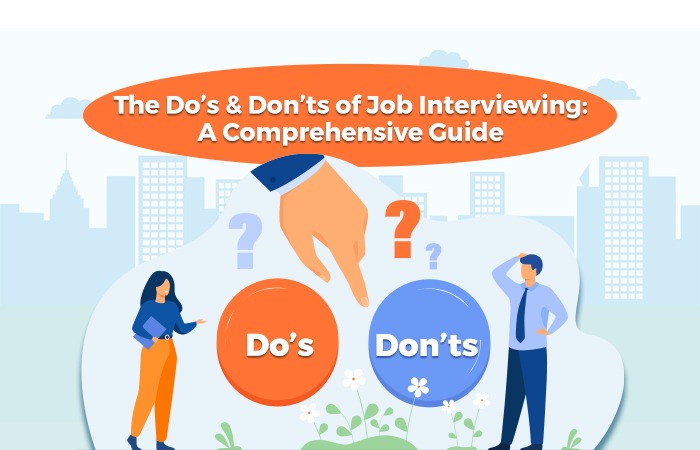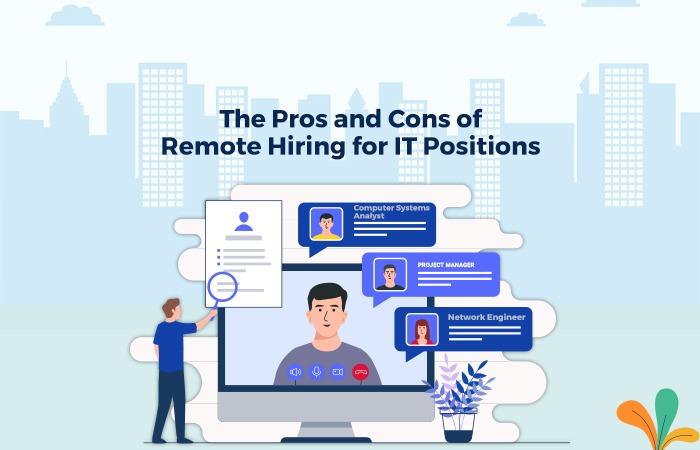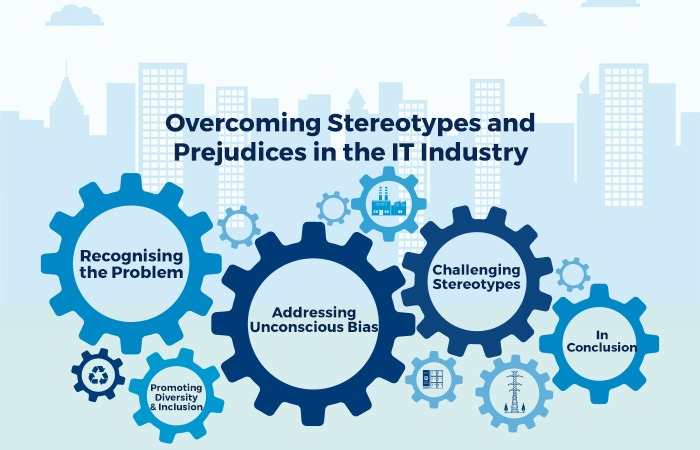Most hiring managers and business owners feel interviewing is just having a conversation, where you ask a few job-related questions. In-fact, interviewing is much more than that. Interviewing involves assessing whether the candidate is the right fit not just for the role, but also the team and the company.
As high as 75% employers feel they hired a wrong person for a job.
This is where effective interviewing skills play an important role in helping you decide if the candidate is the best for not just the job but also the company’s values and culture.
Here are some skills that you can develop in order to conduct your interviews effectively.
- Planning and Homework
The word ‘planning’ may sound like a lot of work for an interview, but it is easier than it sounds.
Start with listing down the skills that you need to look for in the candidate based on the job description. Work out questions or assessment tests that you think will be needed to determine those skills or qualities.
Once you have received the shortlisted candidate resumes, take time to go through them and devise questions regarding specific projects, portfolio or work you need to discuss with them. A good interview requires the interviewer to do some homework with respect to the candidates past work experience, education, skills and achievements.
- Structured approach
To ensure that you cover all the questions and topics of discussion during the interview it is important that you follow a structure. This will help you not only cover all the important topics but also ensure you ask similar questions to all the candidates bringing in fairness and consistency. A structured interview also creates a good impression on the candidate leading to higher chances of them joining the company.
- Listening skills
One of the most important skills that an interviewer needs is good listening skills. This skill becomes even more important in the remote interview scenario.
Listen patiently and make notes if needed. You will not remember everything that every candidate says. Hence making notes and writing down relevant points is very important.
Give the interviewee a chance to present their thoughts without speaking over them.
Apart from listening, observe the non-verbal cues also. The body language, hand movements, eye contact, etc are very important cues that help decide how competent and confident the candidate is.
- Fair
Very often unconscious biases creep into our decision making and it is easy to get swayed by the physical appearance, gender, age, ethnicity, likeability while interviewing someone.
Hence it is important to look through these biases and take an objective decision which is purely based on the competency, skills, experience and cultural fit of the candidate.
Today when every company is investing in a diverse and inclusive workforce, it is very important to conduct the interview in a fair and professional manner without letting your unconscious bias take over you.
- Selling skills
In the current competitive talent market, candidates are in a position to be able to decide the kind of company they would like to work with. Hence the interviewer also must be able to sell the job to the candidate.
Selling here involves providing the candidate a glimpse of what the company is offering the candidate, not just in terms of the remuneration but work culture, growth, learning and career advancement.
The interviewer should be able to patiently answer any questions that the candidate may have about the role, team or company.
- Communication
Last but not the least, another crucial skill is communication. An interview is not a one-way interrogation but a two-way conversation. And the conversation should be free-flowing, friendly and easy for the candidate.
Listen intently. Ask questions and encourage the candidates to ask questions too. During an online interview, the candidate cannot see the physical workplace or experience the work culture. They might be anxious about what they are getting into.
Hence it is very important to allay all their doubts and provide them with the answers about the job, salary, benefits, team, etc.
As with any process, take time to review your interviews and make improvements.
Conducting successful interviews requires some efforts. Work on developing these skills and take your interviews to another level.

